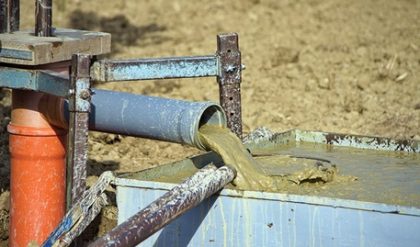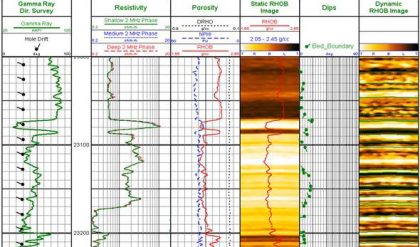Oil destroys the insulating ability of fur-bearing mammals, such as sea otters, and the water repellency of a bird’s feathers, thus exposing these creatures to the harsh elements. Without the ability to repel water and insulate from the cold water, birds and mammals will die from hypothermia.
Juvenile sea turtles can also become trapped in oil and mistake it for food. Dolphins and whales can inhale oil, which can affect lungs, immune function and reproduction. Many birds and animals also ingest oil when they try to clean themselves, which can poison them.
Fish, shellfish, and corals may not be exposed immediately, but can come into contact with oil if it is mixed into the water column — shellfish can also be exposed in the intertidal zone. When exposed to oil, adult fish may experience reduced growth, enlarged livers, changes in heart and respiration rates, fin erosion, and reproduction impairment. Fish eggs and larvae can be especially sensitive to lethal and sublethal impacts. Even when lethal impacts are not observed, oil can make fish and shellfish unsafe for humans to eat.






Comments are closed.